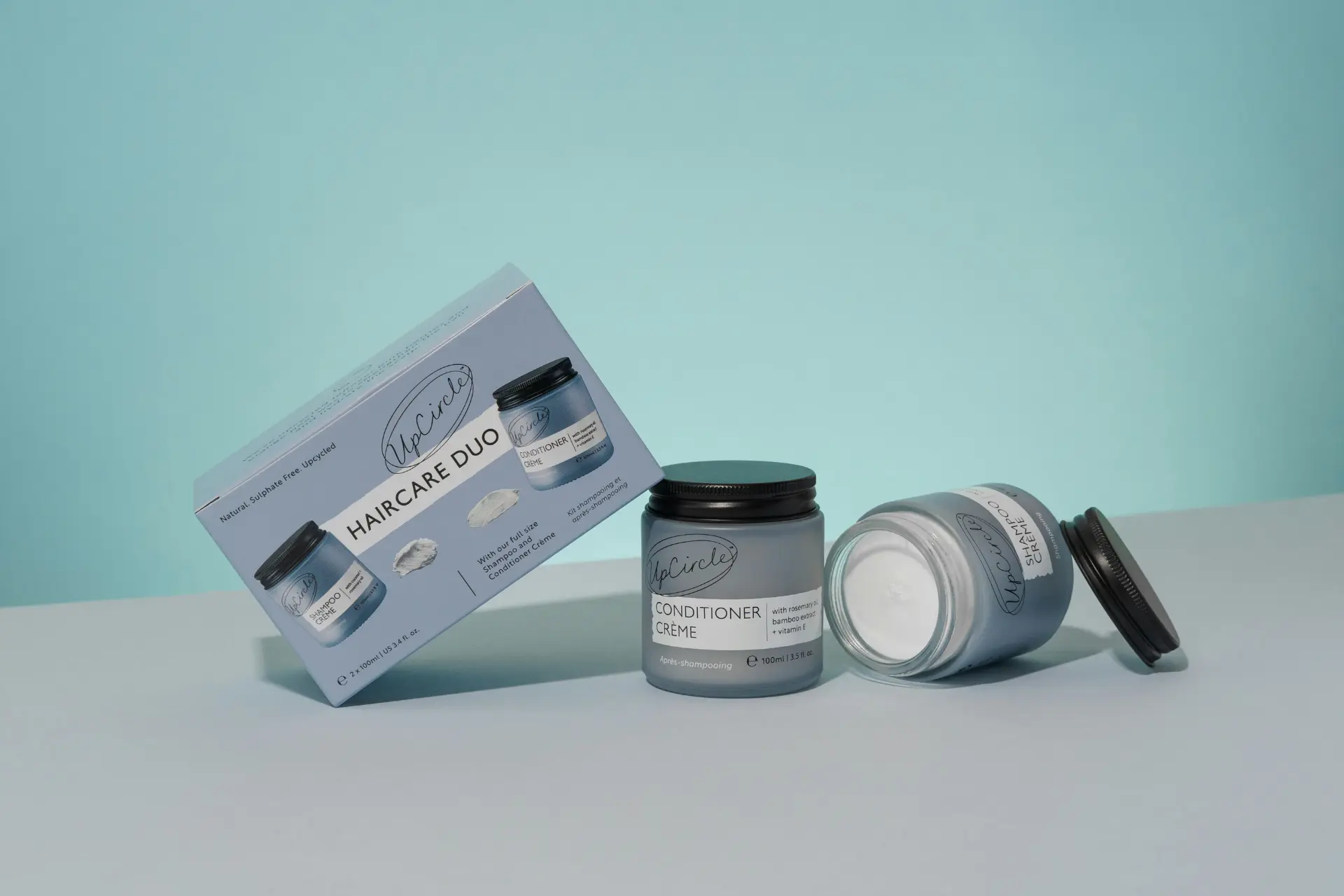What Food & Beverage manufacturers need to know about mitigating the risk of a product recall, and protecting their business.
Tim Nash heads up the product recall team at Marsh, an insurance broker that helps Food & Beverage manufacturers find the right coverage for their operations. We spoke to him about the true cost of a recall, and what manufacturers can do to limit the level of risk they’re exposing their business to.
| 4Pack: | Tim, you work with companies of all sizes. What are the main reasons for a product recall? |
| Tim: | Mislabelling is one of the main ones which is when, for example, an allergen hasn’t been declared on the packaging. Or you might get a label in a foreign language on a product that’s being distributed throughout Europe. In my experience mislabelling is a more common cause of a recall than contamination with e.g. listeria, e.coli, metal fragments, and so on.
But there are also new risks that businesses may not be aware of, such as “adverse publicity”, where there’s a perceived contamination. Issues start to trend really quickly through social media and can result in people boycotting the product. That can be enough to trigger a recall. You also sometimes have to recall a product because someone has threatened to tamper with it. |
| 4Pack: | Do you find that the bigger manufacturers are more aware of the factors that could trigger a recall? |
| Tim: | Well, the larger businesses can afford more specialised teams, e.g. Quality, Food Safety, separate Insurance teams, etc. In the smaller ones, you typically find that one individual will be wearing a number of hats. They’re stretched across all of those functions and that often means they don’t have the time to dedicate to the role that they probably should have. |
| 4Pack: | What can businesses do to protect themselves? |
| Tim: | A lot of businesses will invest into technology to test labels, and provide an additional approval step. It’s developing fairly quickly, and so they can sense check labels going out on products more effectively now than in the past. |
| 4Pack: | What do insurance companies look for when they assess a manufacturer’s level of risk? |
| Tim: | They want to understand what impact the loss will have on the business. For example, you might incur the cost of destroying the product, reworking it, and hiring extra workforce to get people in to assist with all of that. If you lost a contract as a result of that, then the business interruption is the key piece. If you lose the contract as a result of the contamination, well that’s where the bulk of the costs typically get incurred – that could be a huge dent in your balance sheet.
When we’re talking about smaller businesses, they may be relying on one or two key contracts to keep them afloat: if they were to lose that, then they’d be in significant trouble. And so insurance means real balance sheet protection. |
| 4Pack: | What kind of costs are we looking at? |
| Tim: | Potentially crippling ones. We’ve seen brands crash overnight, just purely on the basis of mismanaging a contamination or recall. It takes a long time to recover from that. Businesses with a number of different brands would be more attractive to insurers, because if there’s an issue with one of the brands, people don’t always make the connection across the portfolio. If you rely on only one brand name, then that’s a much larger exposure, because people could boycott that product, and it would have a much larger impact.
Insurers also look at where your business sits in the supply chain and how well you control your own supply chain. Are you a big brand owner, and protecting your first party brand? Are you a packaging manufacturer, therefore at risk of having to recall not only the packaging, but also the product inside it? In that case it’s not just about your own balance sheet, but about third party coverage on the policy as well. With today’s global supply chains, there’s that new, additional focus on threat analysis and vulnerability assessment. |
| 4Pack: | So we’re talking financial insurance, but that wouldn’t do anything in terms of reputation, right? |
| Tim: | It would, to some extent. Insurers realise that when a company has to undertake a recall, the biggest thing is the reputation and trying to prevent business interruption. So they will go towards offsetting the business interruption, because the better they handle the recall, the less the cheque is going to be. |
| 4Pack: | So on the one hand, it’s about getting the process right – on the other, about being able to pull out a fully traceable history of what has happened? |
| Tim: | Some people tend to be afraid of tools that can do that because they think they’ll be used for a witch hunt. But I’ve never been an advocate of that. If something has gone wrong, I want to understand what caused it to go wrong. When you find the root cause of the problem, then you can fix it, so it never happens again. It’s not about singling people out. Having said that – a central tool can make collaborators much more accountable, in the sense that they’ll think twice about putting unchecked information into a system if they know it can be traced back to them. When it’s not traceable, it could have been anyone. |
| 4Pack: | How about disjointed internal processes, and tight deadlines? Do they pose an additional risk, in that they make it more likely that important information falls through the cracks? |
| Tim: | Yes. The robustness of the processes within a business is an important factor. Typically, from the insurers, there isn’t appetite to provide coverage for businesses in their infancy. They look for manufacturers with more maturity, and a track record with the product they’re producing – not the ones that have teething issues. |
| 4Pack: | What advice would you give smaller businesses who want to grow and reach a higher level of maturity? |
| Tim: | Well, the insurance market always looks for accreditation with certain bodies, such as the British Retail Consortium. That means that underwriters and brokers can go onto the BRC directory and have a look at a business’s rating. If they are Grade A accredited, then the market knows that they’ve got various safety and quality controls in place, including a recall and crisis management plan. So my advice would be to work towards some sort of accreditation.
I would also recommend working with one of the many crisis and food safety consultants out there, a number of which are retained by insurers. They can provide a level of expertise that smaller businesses don’t usually have in-house – e.g in PR, risk mitigation, etc. |
| 4Pack: | Why do insurers retain these consultants? What can they do for manufacturers? |
| Tim: | They can run through a mock recall with you, so you know who’s responsible for what, and will take ownership of their respective roles. Insurers will expect to see those processes up front. They’ll ask to see copies of recall plans and crisis management plans, because some businesses will say they’ve got such policies and procedures, but actually when you come to review them, they are fairly light in content. Crisis consultants can help create those documents, and make them robust. |
| 4Pack: | Does it help when you’re able to produce an audit trail quickly? |
| Tim: | Yes, you need to be able to identify and trace issues. That means knowing where a contaminated product has gone, what the scope of the issue is, and obviously, how it occurred. You need to identify where it started and where it finished. You need to know where it’s gone, if it’s in your storage, or out of your control. Is it with logistics, distribution, on the retailer’s shelf, or is it in the consumer’s home?
This information helps you work out what additional resources you might need, e.g. set up a call center for people calling in; decide how you dispose of the product once you’ve got it back; or if you can rework it, e.g. by printing extra labels and sticking them on. |
| 4Pack: | You mentioned the British Retail Consortium. What would it take to get that accreditation? |
| Tim: | For the exact details, you’d have to go to their website (https://www.brcgs.com/). But broadly, what they’re looking for is that you demonstrate that you’ve considered all of the risks that you’re exposed to which could result in a recall. You can’t realistically protect yourself against a recall ever happening. There’s no way you can stop machinery breaking down, or someone walking into a store, tampering with a product, and you having to recall it. So all you can do is adhere to those policies and procedures.
Demonstrating a level of maturity in terms of internal processes and accreditation is good. It shows you don’t have any major non-conformities. In the eyes of an auditor you’re in a very good position. Insurers like it, and clients do, too. Don’t forget they may be auditing your facilities as well. If you’re opening your doors and letting people come in and look at your facility, it shows you’ve got nothing to hide. |
If you’re in the Food & Beverage industry, and interested in making better workflows for product development a reality, I think you’d like our ebook “End-to-end product management”.



